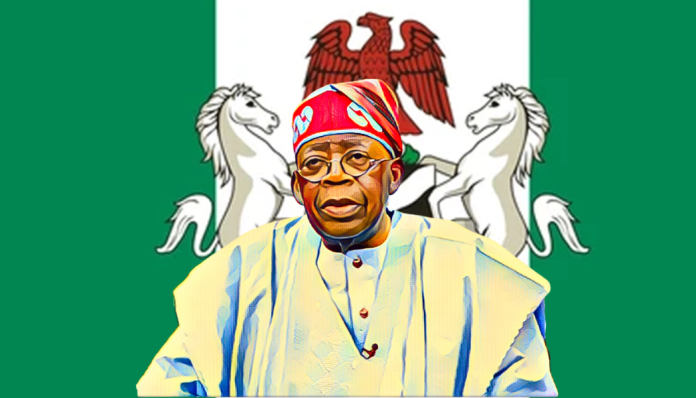Key Points
-
Tinubu’s reforms laying solid foundations, despite hardship facing citizens.
-
Betta Edu insists subsidy removal was necessary and unavoidable.
-
Nigeria at 65 now faces a defining economic reset.
Betta Edu, Nigeria’s Minister of Humanitarian Affairs and Poverty Alleviation, defended President Bola Tinubu’s sweeping economic reforms on the country’s 65th Independence Day. She called them “bold steps that are laying solid foundations” for future growth.
Edu said in Abuja on Tuesday that Tinubu’s choice to end fuel subsidies and unify the naira exchange rate had caused problems in the short term but would eventually lead to a stronger and more diverse economy. She said that the changes were a planned reset after years of policy distortions that hurt public finances and made investors less confident.
People think Tinubu’s changes are hard but necessary
According to a report by the Punch news, Edu said that Nigerians are dealing with rising prices, with headline inflation going above 33 percent in August, according to the National Bureau of Statistics. Food prices have also gone up more than 38%, which is hard on both families and businesses.
The minister said that reforms like ending subsidies were necessary, though. He said that fuel subsidies cost Nigeria more than ₦4 trillion in 2022 alone, which is more than the federal government’s capital spending. Edu said, “The president has chosen to put up with criticism today so that Nigerians can be prosperous tomorrow.”
She also talked about what the Central Bank of Nigeria has done under Governor Olayemi Cardoso to stabilise the naira and bring in foreign investment. She said these things would help rebuild reserves and restore faith in Africa’s biggest economy.
Minister asks for patience while the groundwork is laid
Edu said that her ministry is trying to lessen the effects of the reforms through targeted actions. These include giving money to poor families on certain conditions, food distribution programs, and working with development partners like the World Bank, which just gave Nigeria a $750 million loan to help with its social protection programs.
She went on to say that the Tinubu administration’s “Renewed Hope” plan aims to lift 100 million Nigerians out of poverty by 2030 through programs that focus on training people in new skills, getting young people jobs, and empowering women.
Nigeria is at a tough crossroads at 65
Experts say that the changes are the biggest change to the economy since the structural adjustment programs of the 1980s. Bismarck Rewane, CEO of the Lagos-based Financial Derivatives Company, said, “Tinubu’s policies are disruptive but necessary.” “The real test will be how quickly the benefits outweigh the pain.”
As Nigeria celebrates 65 years of independence, Edu told people to look past their current problems. She said, “The work being done today will lead to a better tomorrow.”



